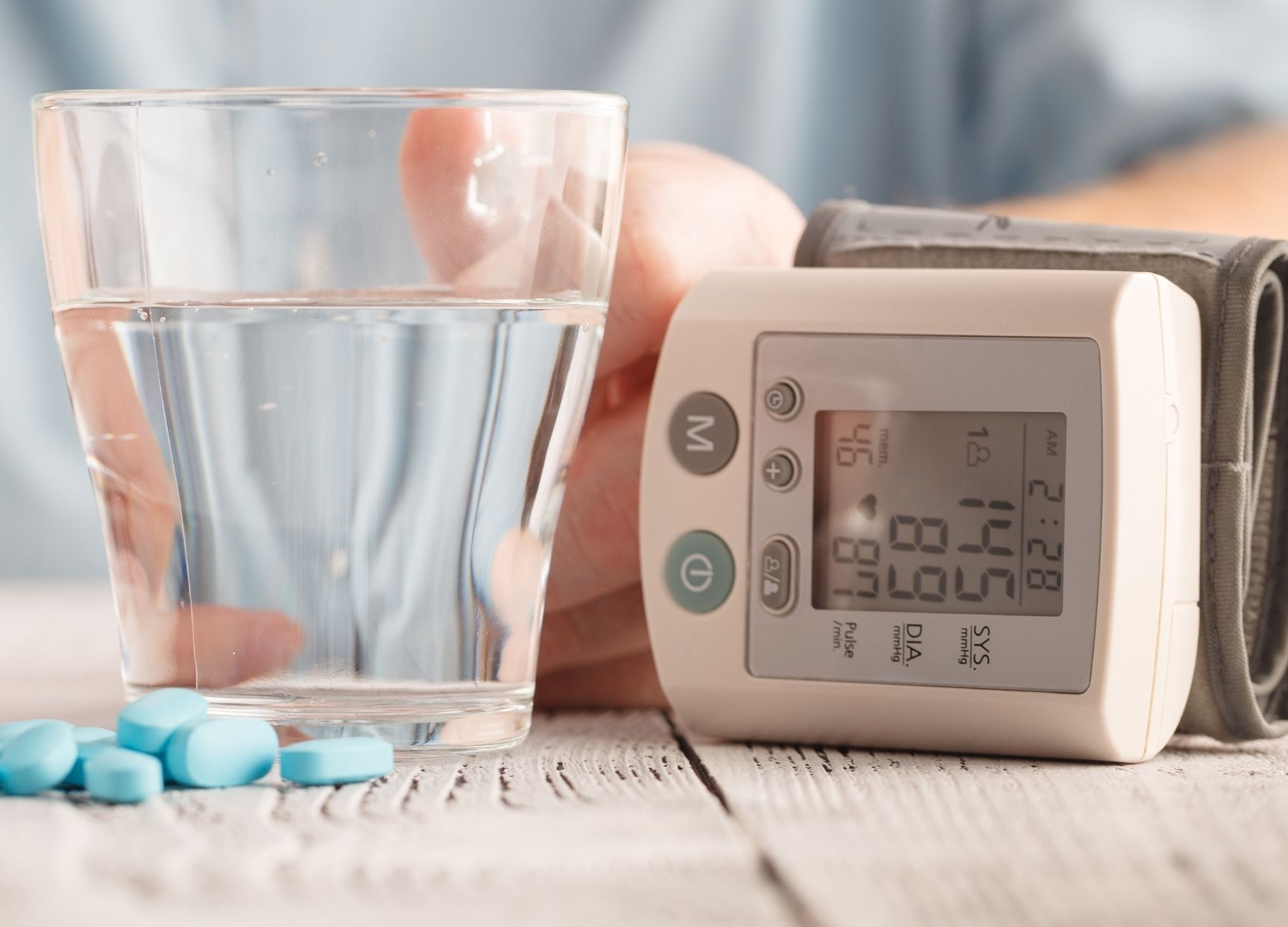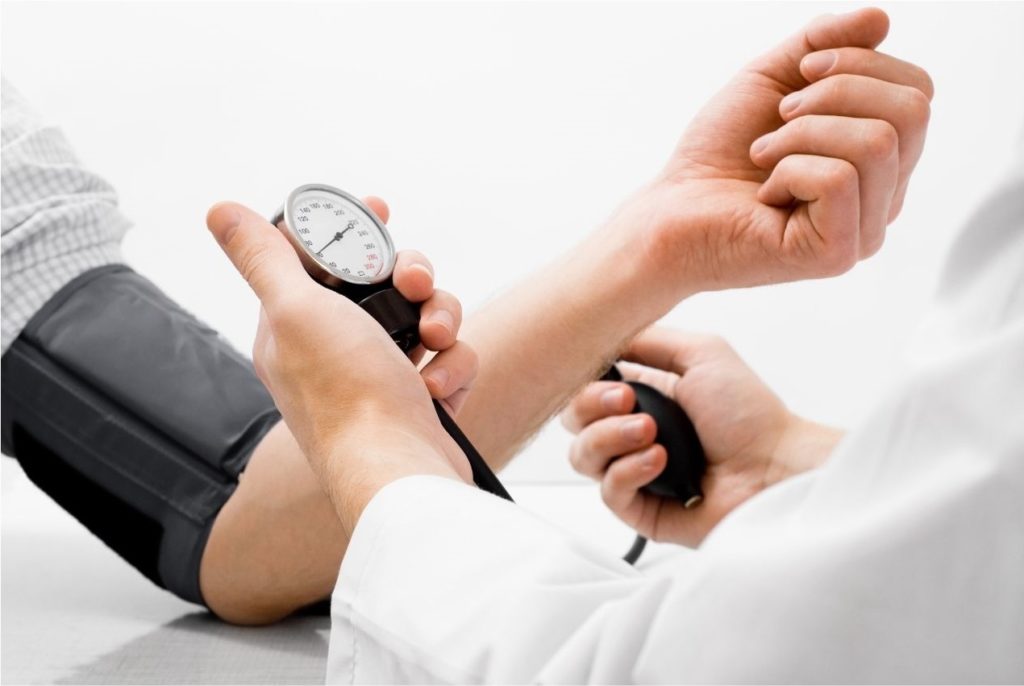The causes of hypertension are a complex combination of genetics and lifestyle factors. Despite adequately modifying the above lifestyle factors, medications may still be necessary to maintain a healthy blood pressure. There are a broad range of blood pressure medications, which are well tolerated and have low side effect profiles.
There are several types of blood pressure medications, which are often effective as single agents but sometimes need to be used in combination. Examples of these are enzyme inhibitors, beta-blockers and diuretics. It is usually best to use the maximum tolerated dose of a blood pressure medication before adding in another agent.
GPs usually start patients on blood pressure medications, but will refer to a Cardiologist when multiple agents are required.
Regular tablets
It is essential to take your blood pressure medications regularly as prescribed, to maintain a healthy blood pressure. If medications are not taken as directed, your blood pressure will not be well controlled and associated health issues related to hypertension may still occur.

